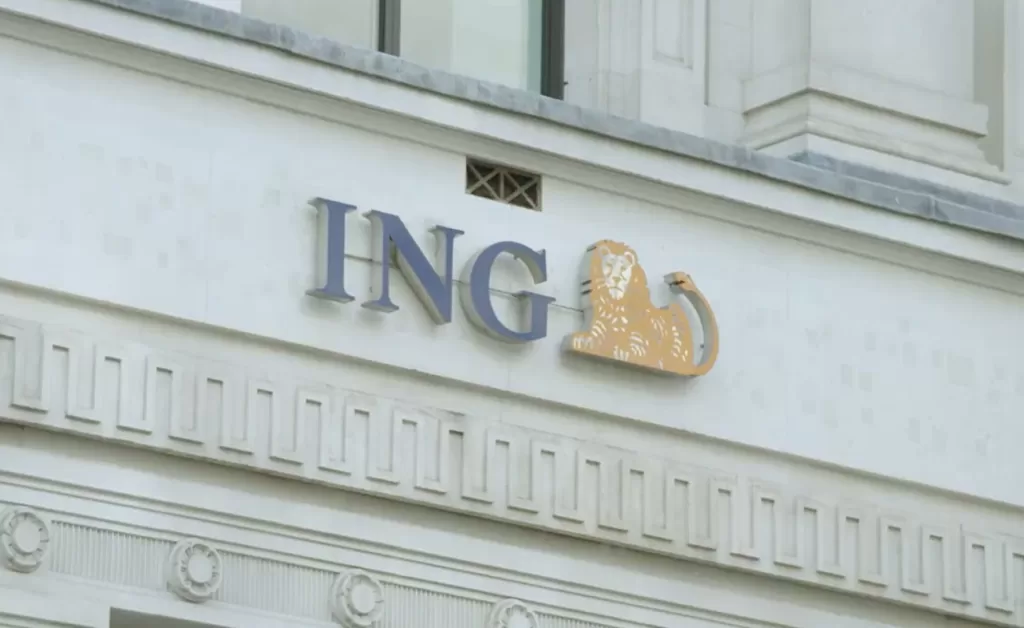ING Banking Business
ING Group is a multinational banking and financial services corporation headquartered in the Netherlands. It is one of the largest banks in Europe, with a strong presence in retail and wholesale banking, investment banking, and insurance. The bank’s business model is centered around providing innovative financial solutions, digital banking services, and sustainable investment options to individuals and businesses.
ALSO READ: Banco Agrícola: El Salvador’s Leading Financial Institution
History and Expansion
Nationale-Nederlanden, a large Dutch insurance company, and NMB Postbank, a banking institution, merged in 1991 to form ING. This combination of banking and insurance expertise helped ING expand rapidly across Europe and other global markets. Over the years, ING has divested some of its insurance businesses to focus primarily on banking services.
Core Banking Services
ING operates in two main banking segments:
- Retail Banking – It provides personal banking services such as savings accounts, mortgages, personal loans, and credit cards. Its strong digital banking platform enables customers to access services conveniently, making ING well-known in the industry.
- Wholesale Banking – It offers financial solutions to corporations, including lending, trade finance, mergers and acquisitions advisory, and risk management.
Digital Banking and Innovation
ING is a leader in digital banking, with a customer-centric approach that emphasizes seamless online and mobile app experiences. ING’s mobile-first strategy drives its rapid expansion, especially in markets with limited traditional banking infrastructure. Features such as AI-driven financial planning tools and instant payment solutions make ING a preferred choice for tech-savvy customers.
Sustainability and ESG Initiatives
ING is committed to environmental, social, and governance (ESG) principles. The bank has implemented policies to reduce its carbon footprint, promote responsible lending, and support green investments. It actively finances sustainable projects, including renewable energy and climate-friendly initiatives.
Global Presence and Challenges
ING operates in over 40 countries, with a strong footprint in Europe, North America, and Asia. However, the banking sector faces challenges such as regulatory changes, economic uncertainties, and cybersecurity risks. ING continues to adapt by focusing on compliance, technological advancements, and customer trust.
Conclusion
They drives its banking business through innovation, digital transformation, and sustainability. With a strong international presence and commitment to responsible banking, It continues to be a leading financial institution that shapes the future of bank worldwide.


